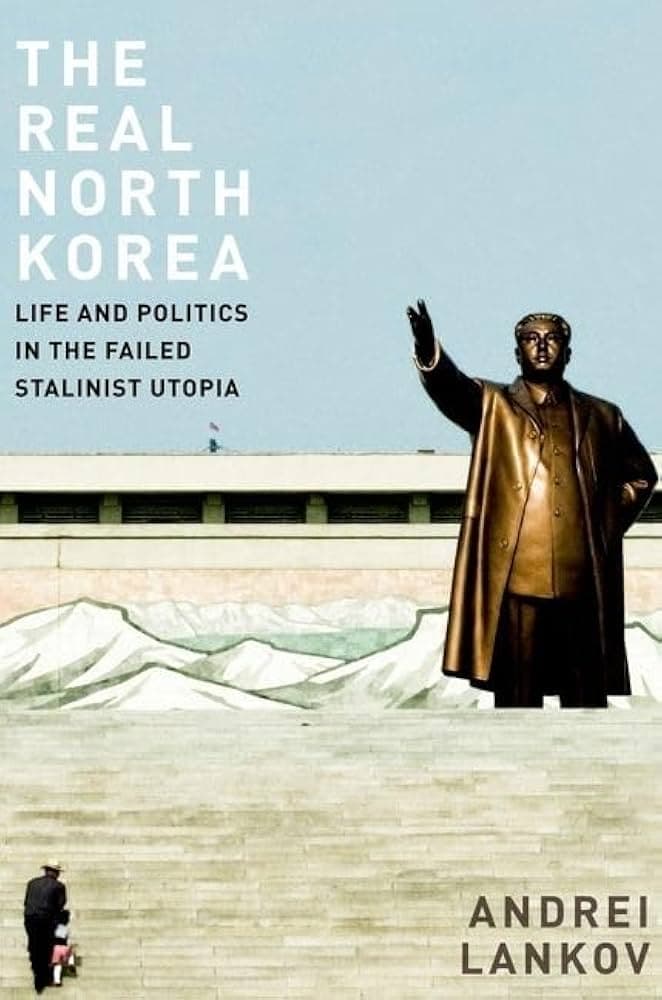Rob Henderson Highlights Historical Demographic Impact on Korean Trajectories

Rob Henderson, a prominent social commentator, recently drew significant attention on X (formerly Twitter) by sharing a review of Andrei Lankov's book, "The Real North Korea: Life and Politics in the Failed Stalinist Utopia." Henderson's post, simply captioned "Wild:", linked to a detailed review on The Psmiths blog, sparking discussion on the divergent paths of North and South Korea.
The tweet, posted on October 22, 2025, quickly garnered substantial engagement. Henderson followed up with a key observation, stating, "In the early days of demarcation, idealistic college-educated leftists from South Korea moved to the north, and entrepreneurs and former landlords from North Korea fled south." He suggested this demographic sorting "Perhaps goes some way to explaining the subsequent trajectories of each side."
Andrei Lankov, a Soviet-born historian and professor at Kookmin University in Seoul, is a leading expert on North Korea. His book, published by Oxford University Press, challenges the common perception of North Korea as irrational, arguing instead that its seemingly bizarre actions are often rational strategies for regime survival. Lankov's unique perspective stems from his experience as an exchange student in Pyongyang during the 1980s and extensive work with North Korean defectors and Russian archives.
The review highlighted by Henderson delves into Lankov's analysis of the Korean Peninsula's division. It emphasizes that the initial demographic movements—with left-leaning South Koreans heading north and capitalists and landowners fleeing south—created a more ideologically homogeneous society in North Korea, inadvertently strengthening the totalitarian state by removing potential opposition. This historical context provides a crucial lens through which to understand the present-day realities of both nations.
Lankov's work also explores the evolution of North Korea's economy, describing a "totalitarian anarcho-capitalism" where an official state-run system coexists with a vast, unofficial market economy. This black market, largely driven by women, supplies an estimated 80% of goods and services, ironically keeping the state afloat despite its official rejection of capitalism. Henderson's tweet underscores the long-term consequences of foundational demographic and ideological shifts on national development and resilience.